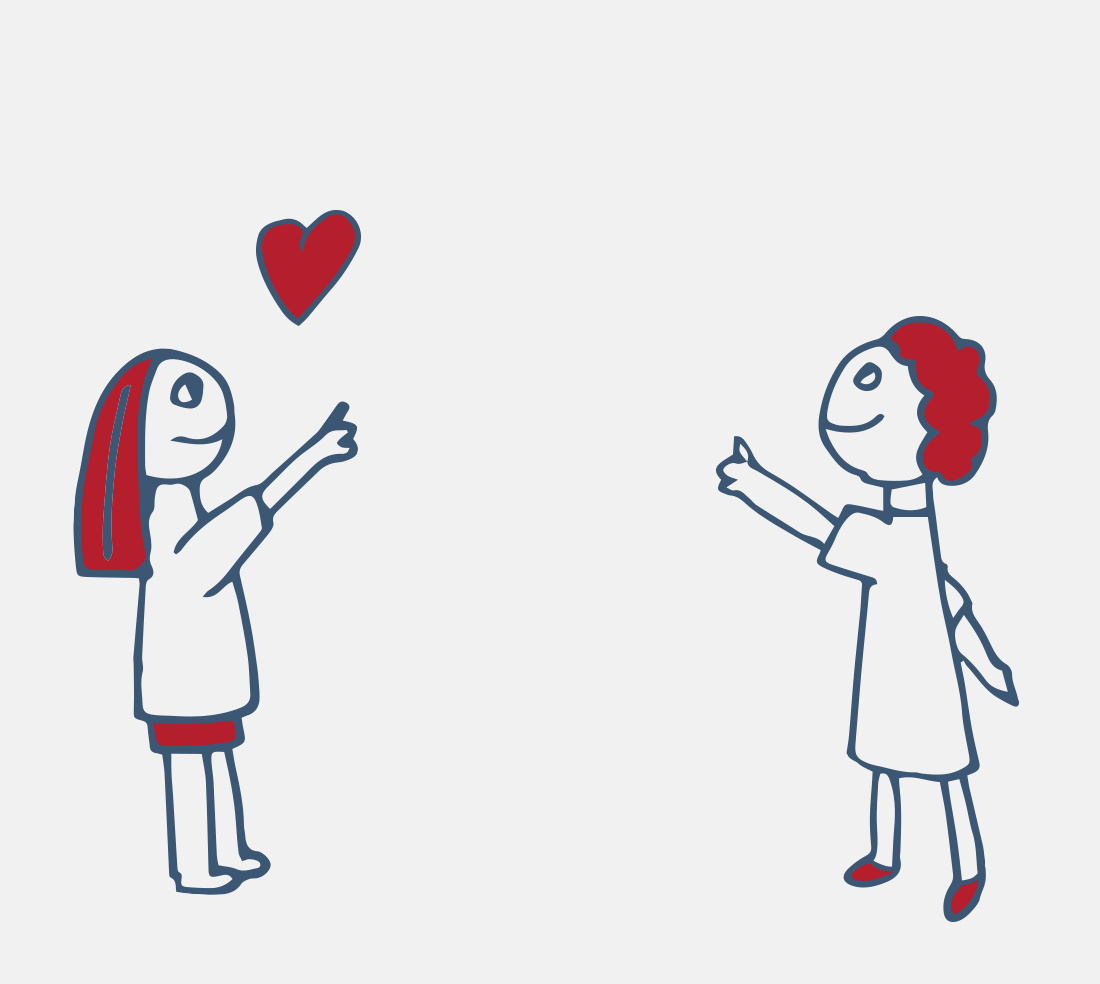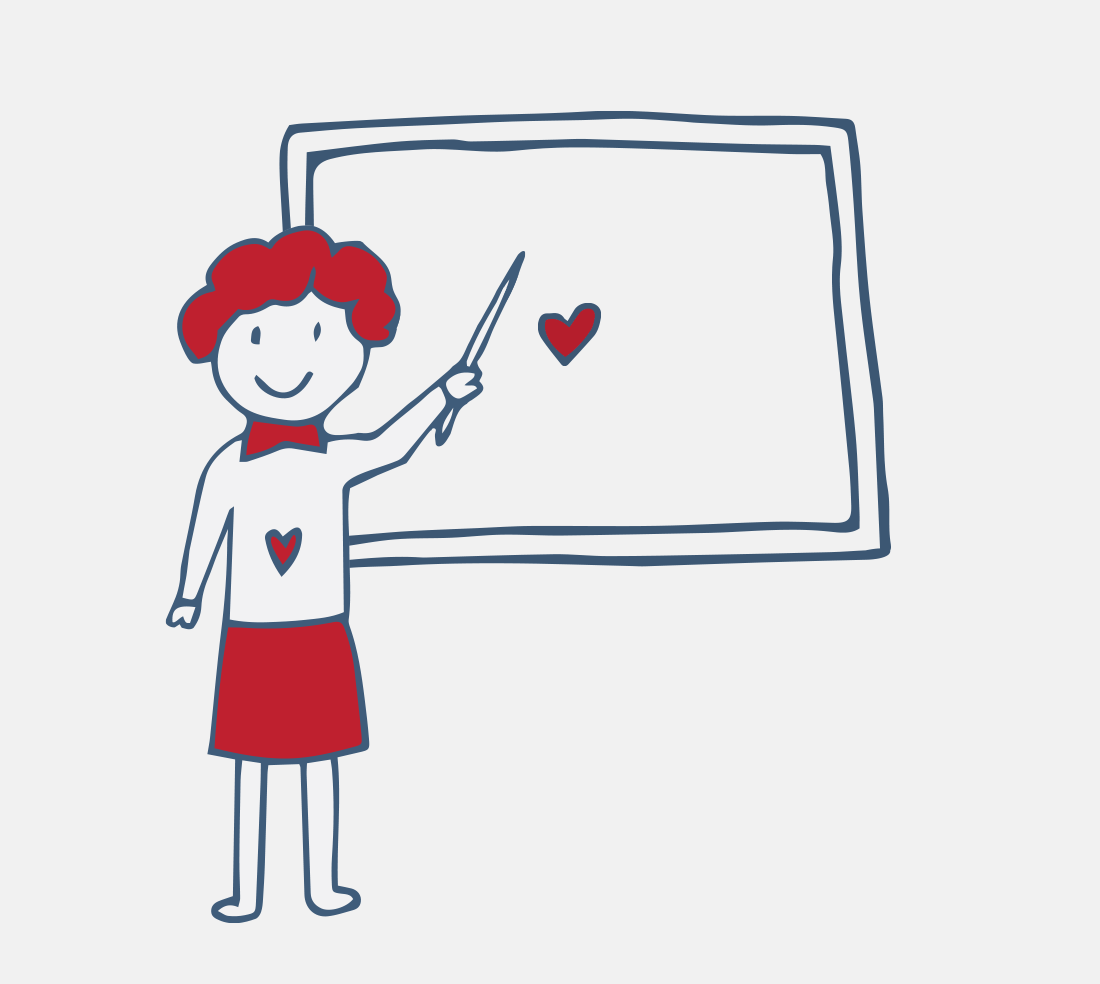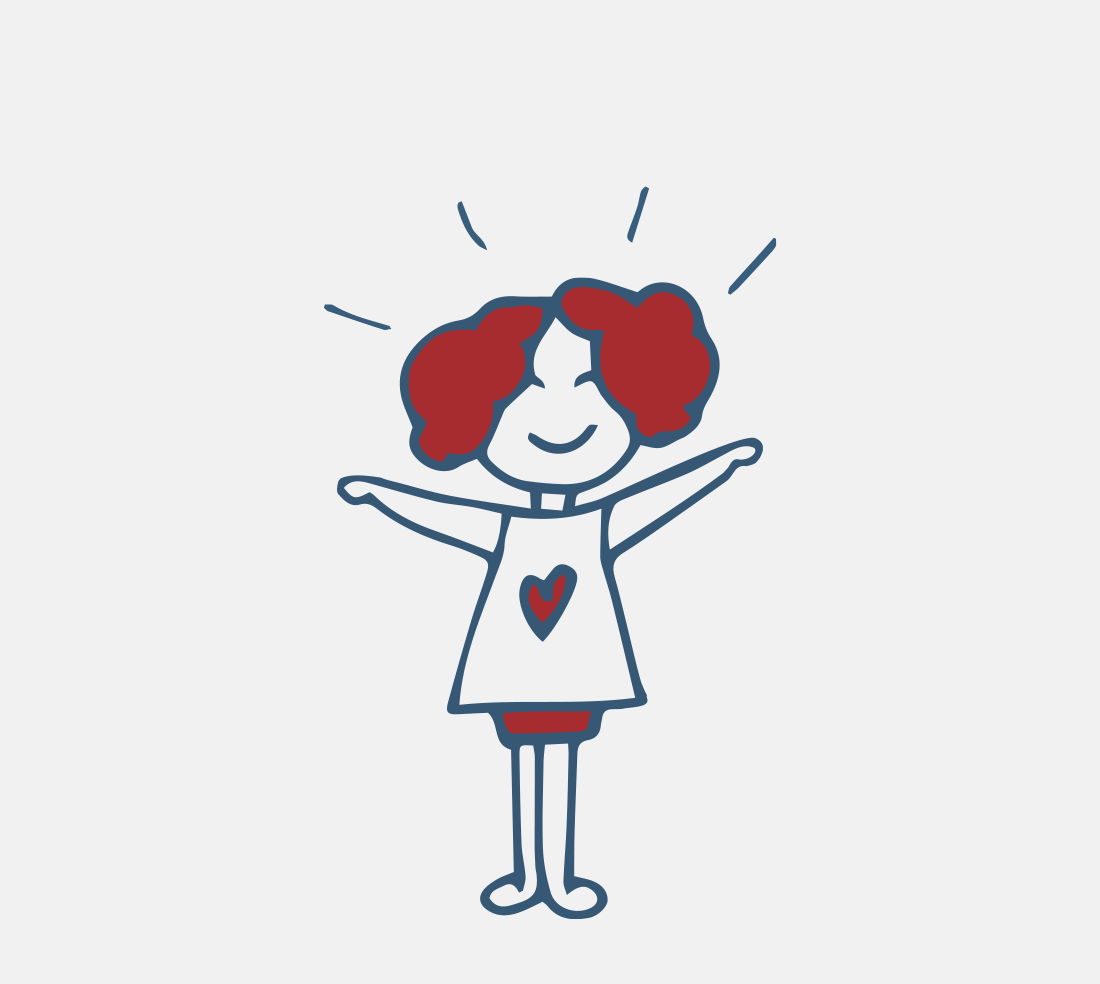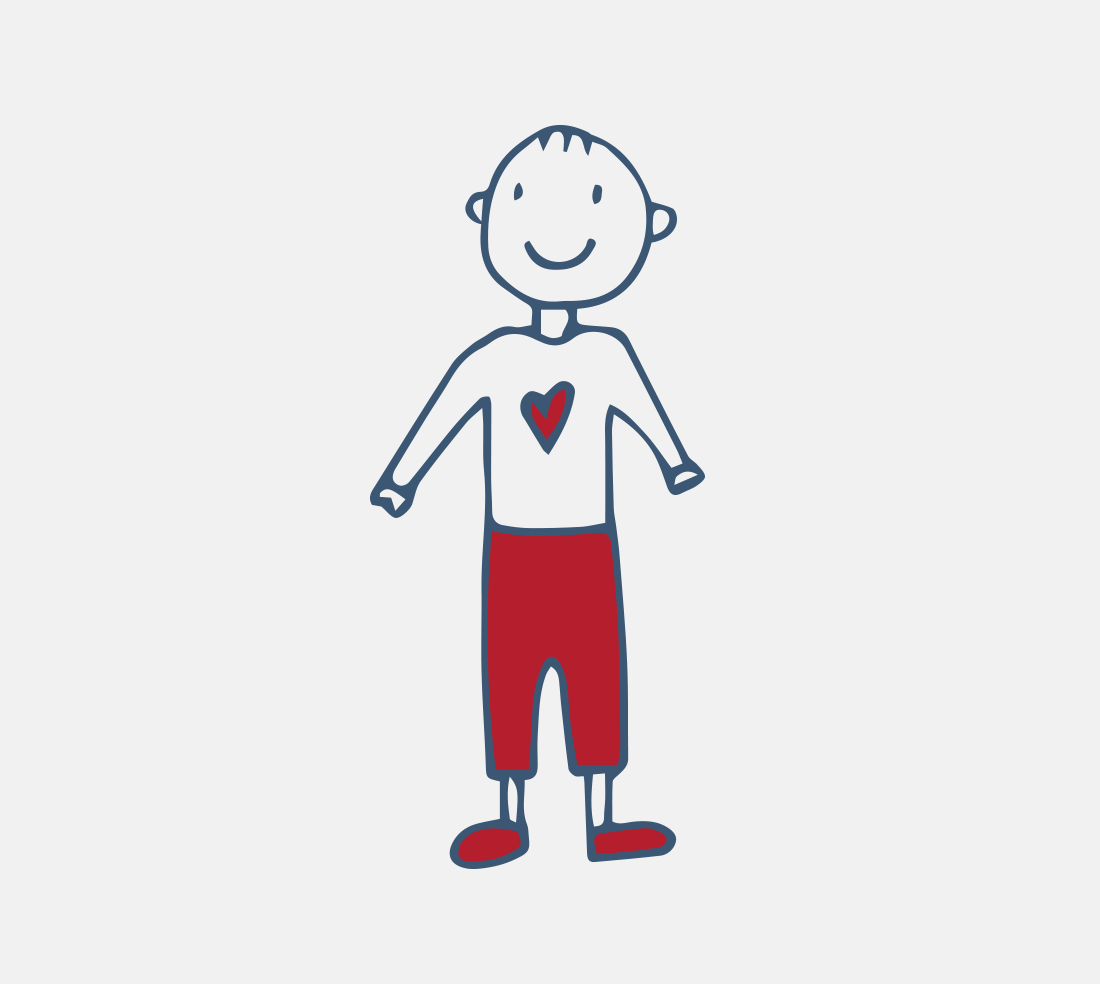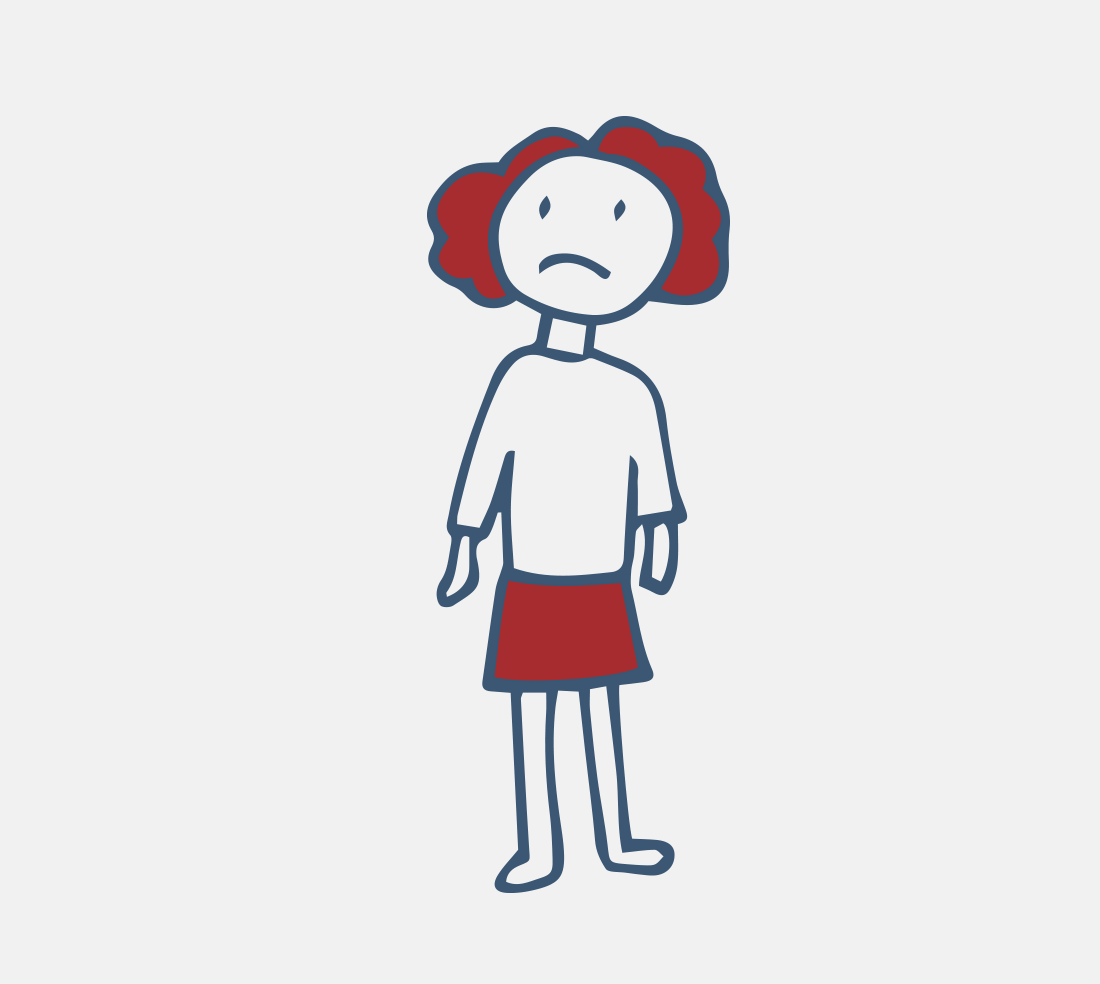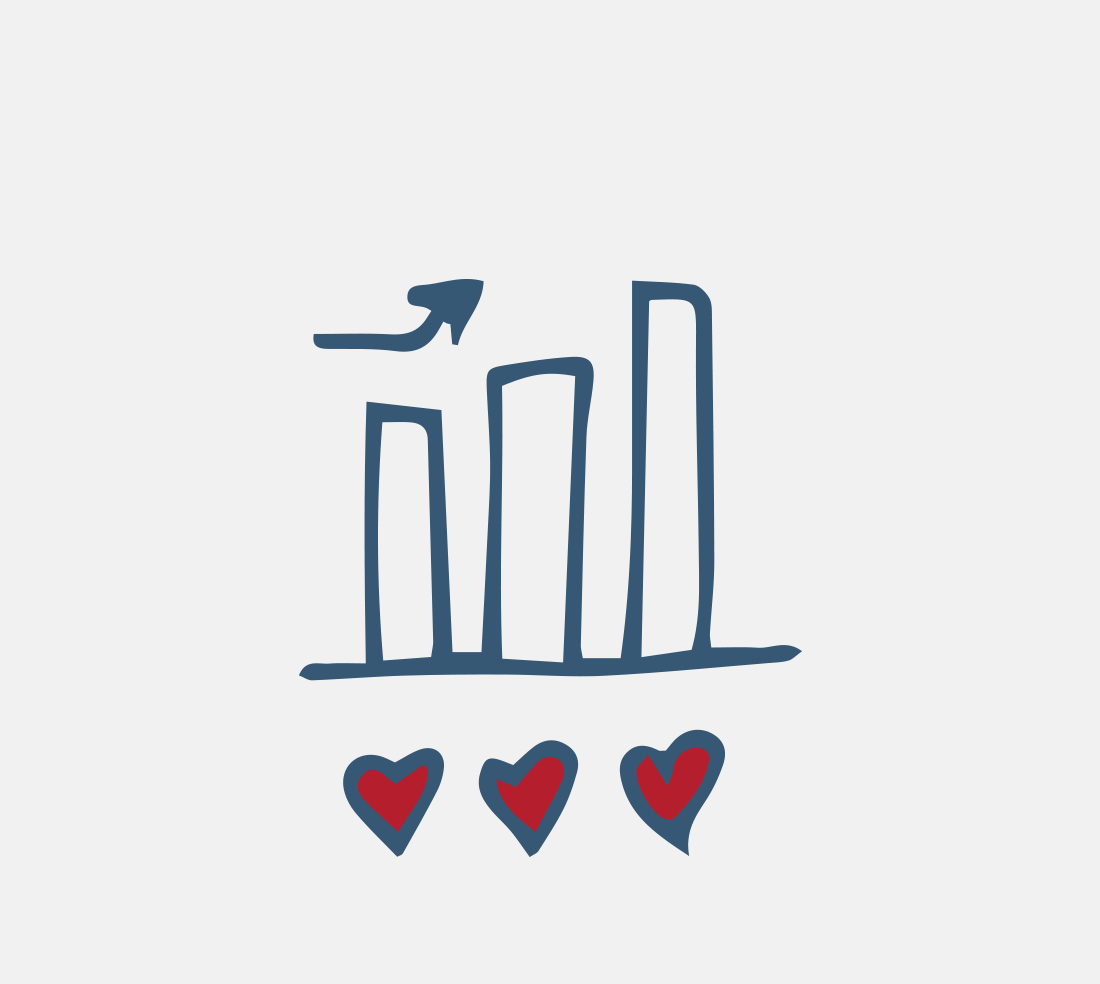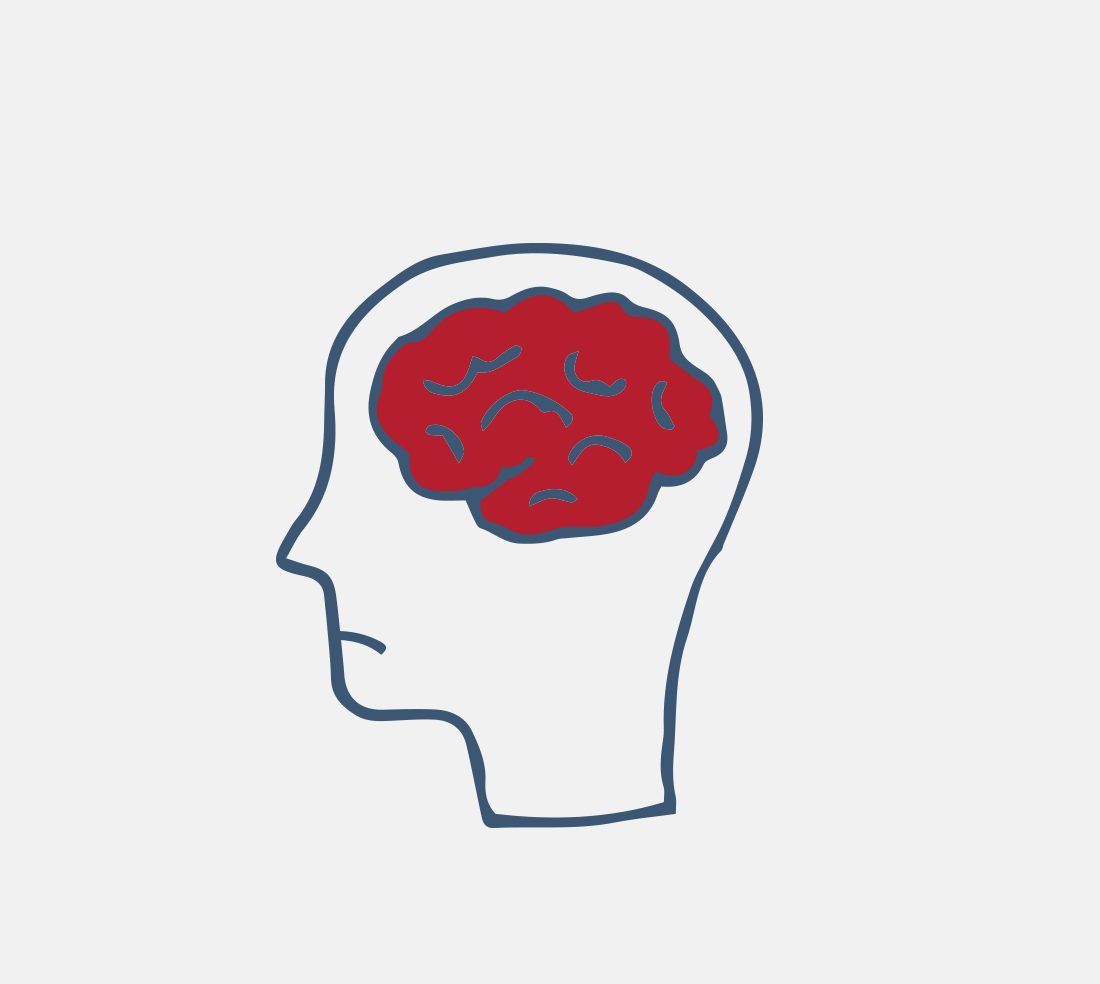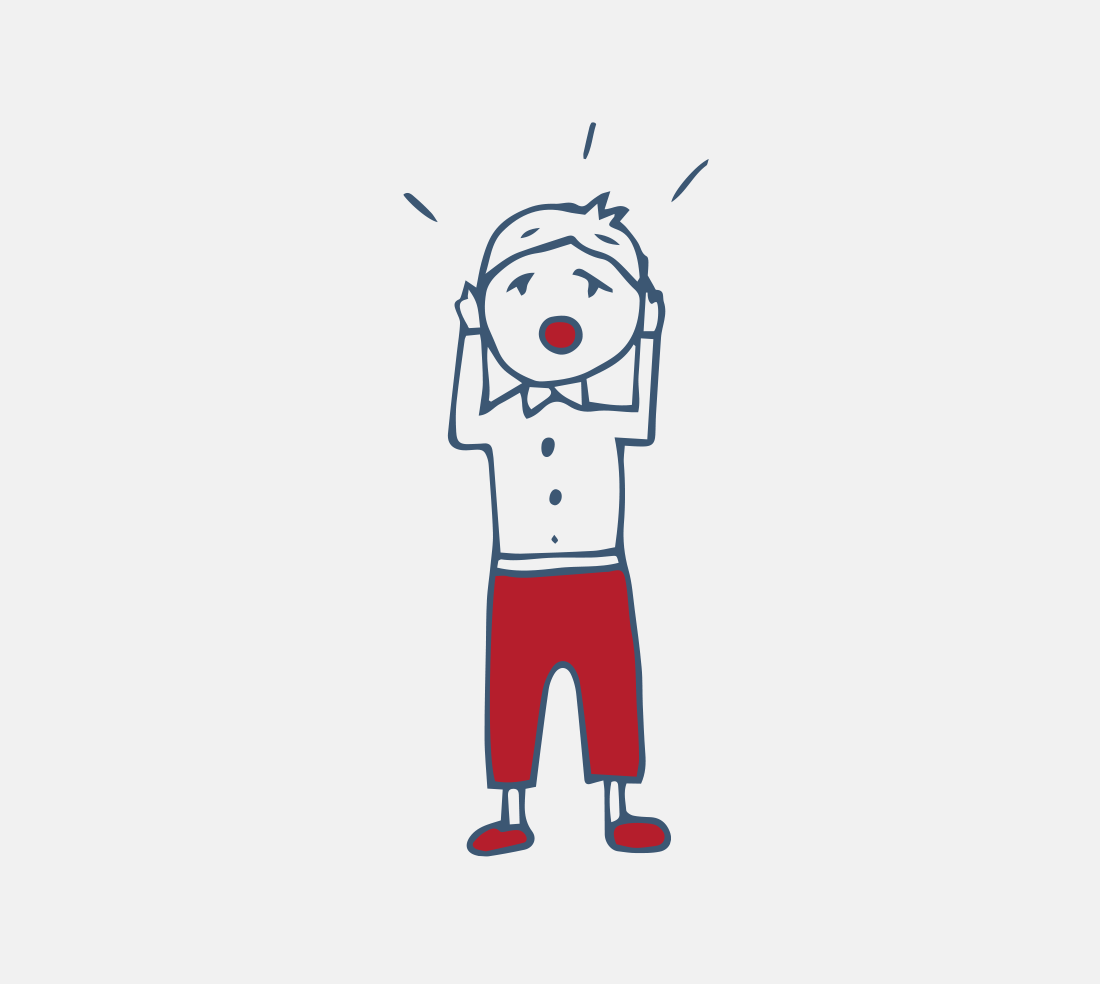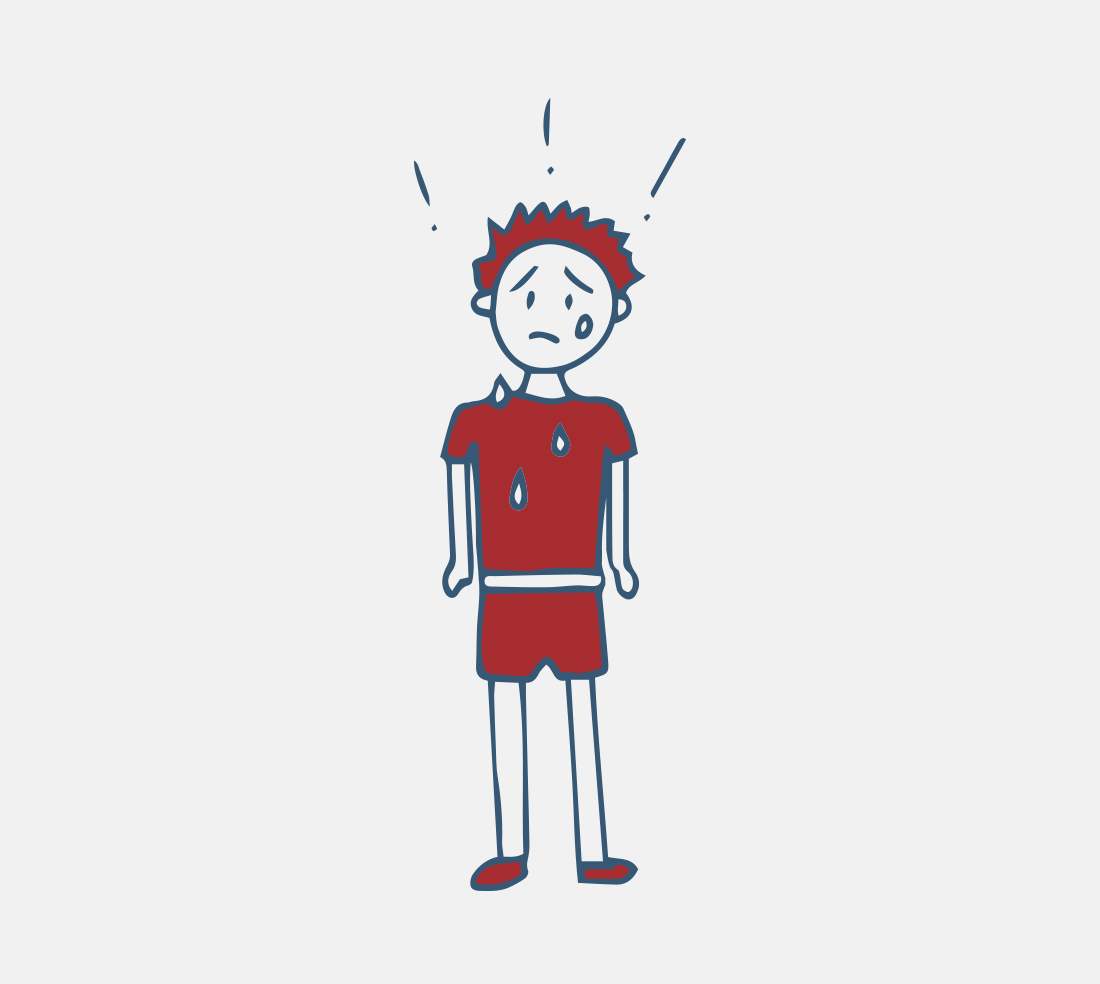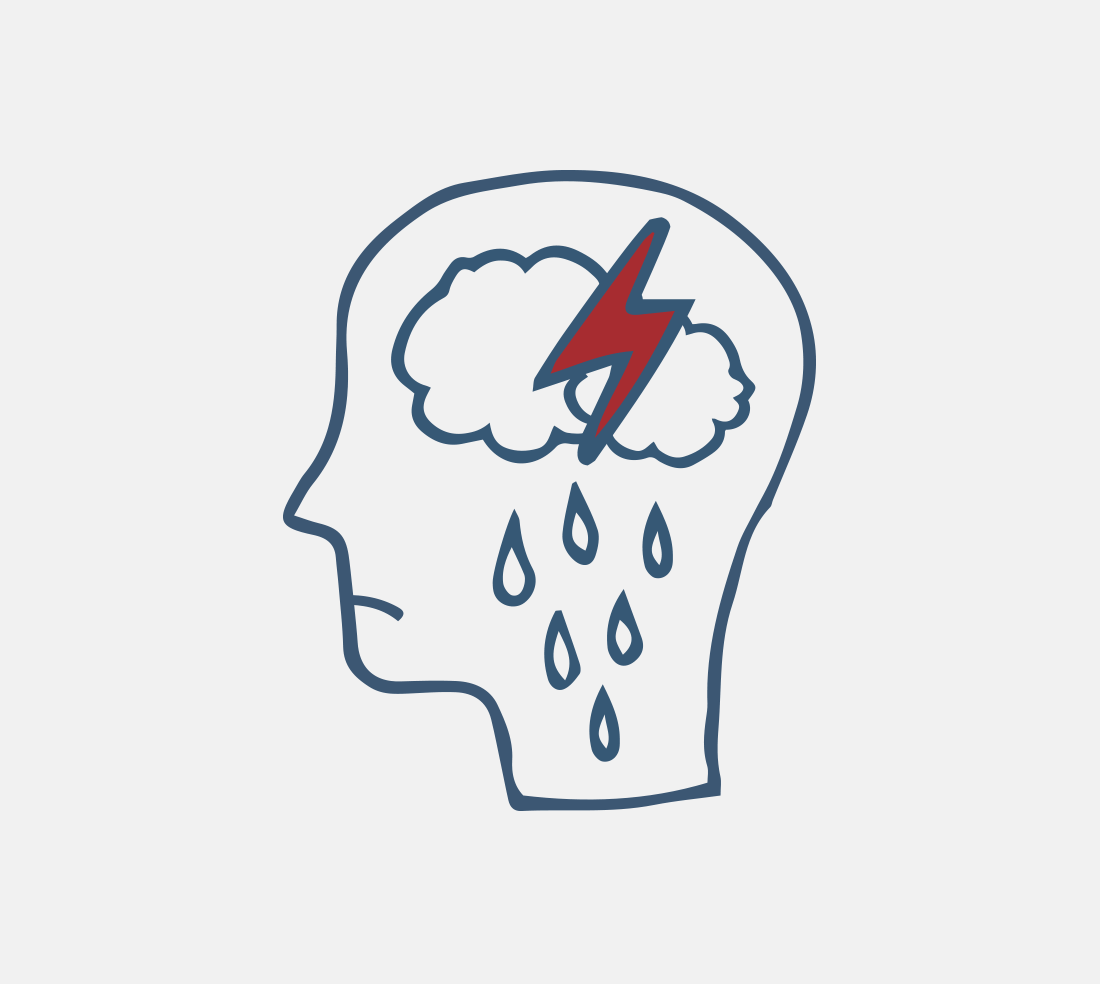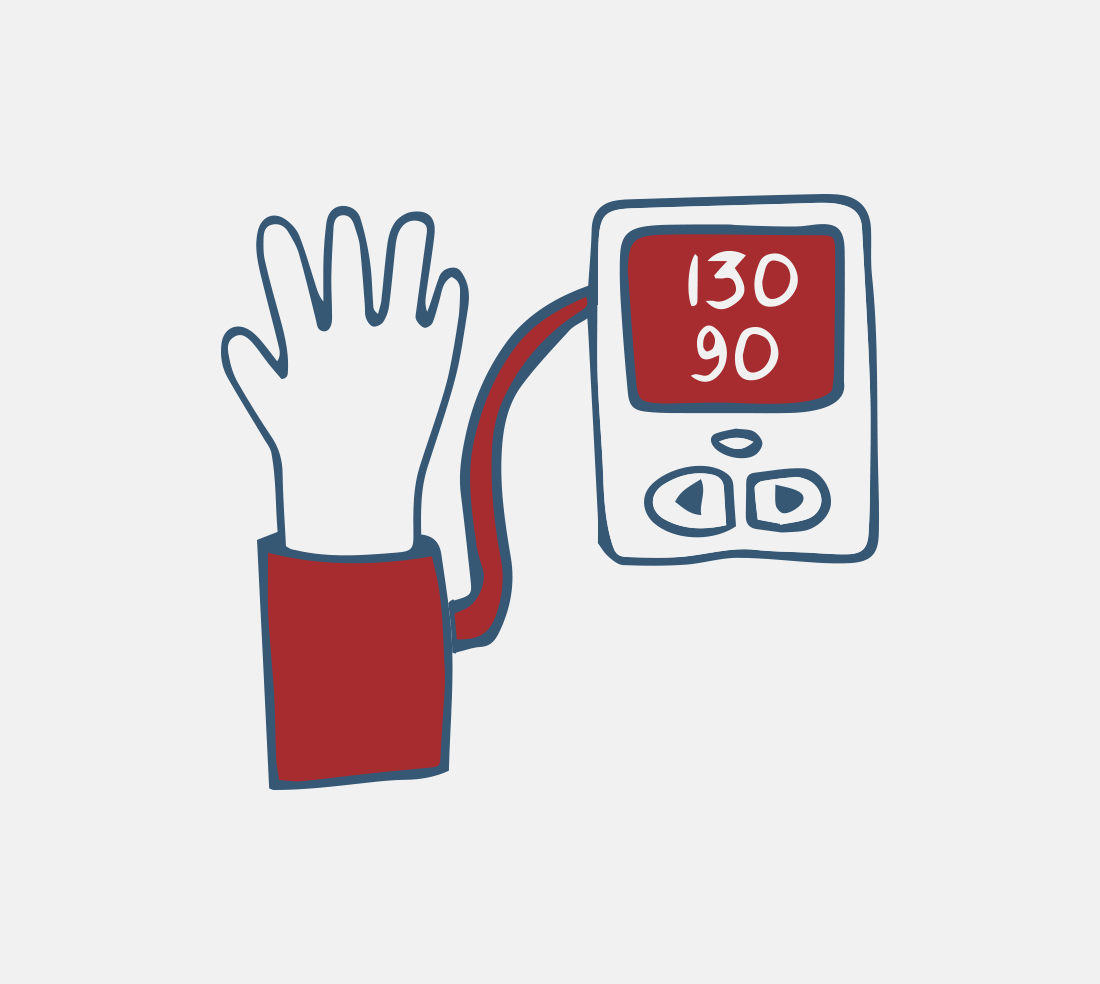
A Home Creation is Equally as Healing and Life-Changing for Volunteers as it is for Beneficiaries.
COMMUNITY HEROES
Thank you to our amazing Community of Volunteers.
Kindness…
The
HAPPIEST
People in the World
In her groundbreaking working on generosity and joy, social psychologist Dr. Elizabeth Dunn has proven that the greatest happiness a human can attain is from giving. In her April 2019 Ted Talk, Dr. Dunn explains that her research unearthed that the ‘how’ in giving matters, greatly. She describes the ideal experience of giving as volunteering in an intimate experience where one can witness a transformation.
Even Greater Happiness Is Achieved And Enhanced Through…
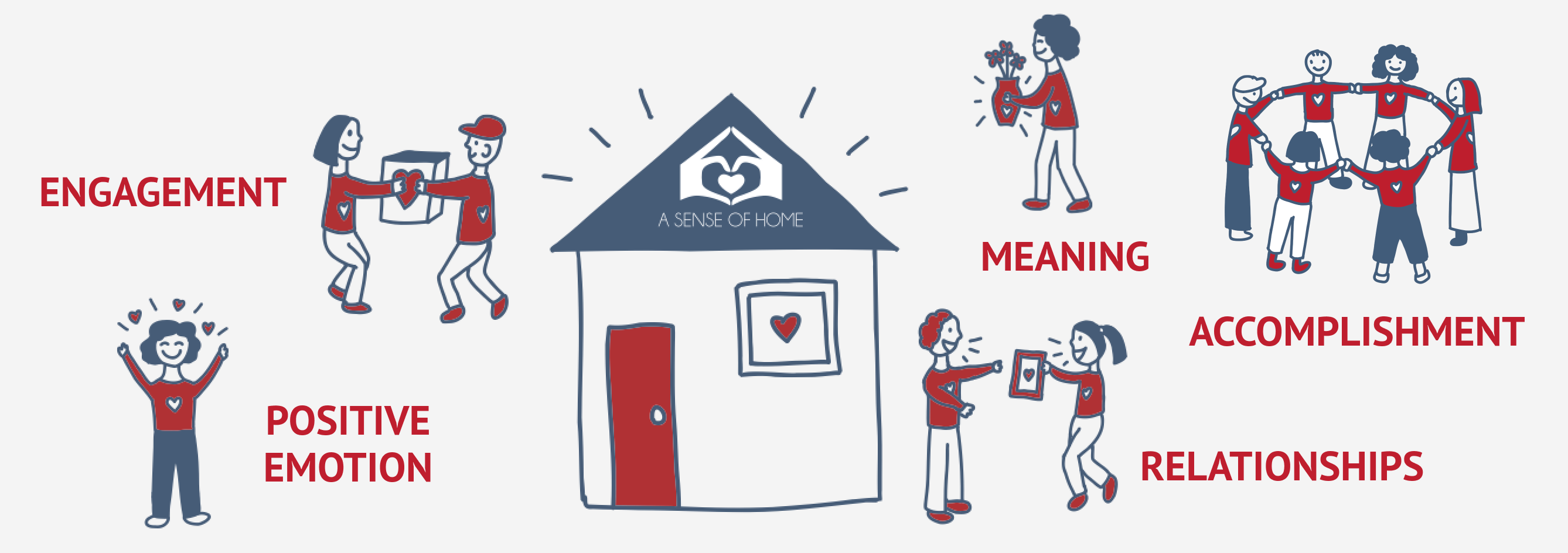
The need for human connection is as essential to our emotional and physical well-being as food and safety.
Dr. Shira Gabriel and her team at SUNY, University at Buffalo — developed an instrument to measure how experiences of collective assembly improve wellbeing and build a sense of belonging and community. Dr. Shira Gabriel will be including ASOH in her upcoming study “Becoming “We” in a crowd: Collective Effervescence, Entitativity, Well-Being, and Prosocial Behavior”.
Dr. Shira Gabriel and her team have found that collective experiences (such as what is experienced at a Home Creation) contribute to a life filled with “a sense of meaning”, increased positive affects, an increased sense of social connection and a decreased sense of loneliness — all essential components of a healthy, happy life. Dr. Shira Gabriel stated, “We plan to collaborate with A Sense of Home on research examining the effects of the group experience on the well-being, sense of connection, optimism, and agency of all participants. My research on collective effervescence suggests that activities sponsored by A Sense of Home are likely to be associated with an increased sense of social connection”.

